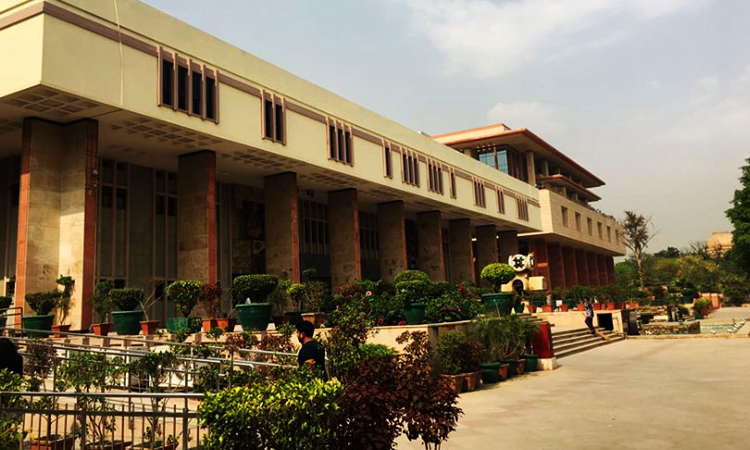PIL For Uniform Civil Code Not Maintainable: Muslim Personal Law Board Tells Delhi HC, Seeks Impleadment
AKSHITA SAXENA
23 Aug 2019 10:12 PM IST

Next Story
23 Aug 2019 10:12 PM IST
An application has been filed by the All India Muslim Personal Law Board before the Delhi High Court seeking impleadment as a respondent party in a plea for Uniform Civil Code. It has also, in the alternative, sought dismissal of the said plea. A bench headed by the Chief Justice of Delhi High Court, Justice Rajendra Menon had earlier issued notice to the Law Commission of India in...
